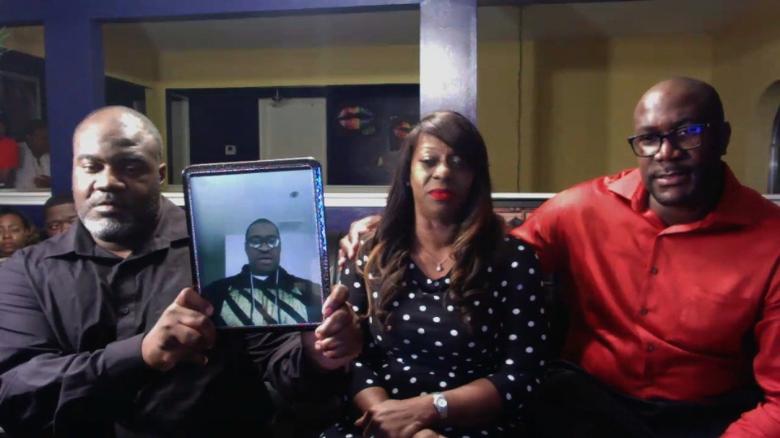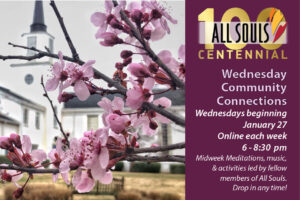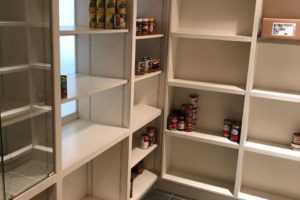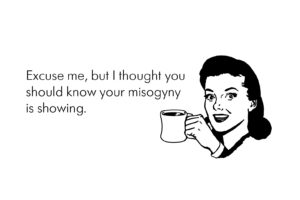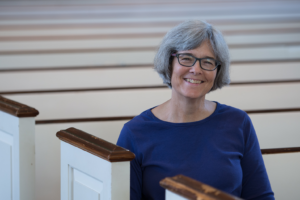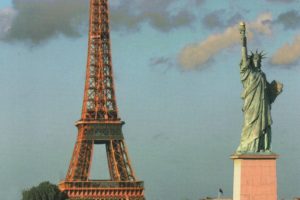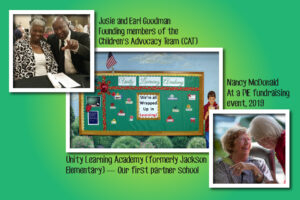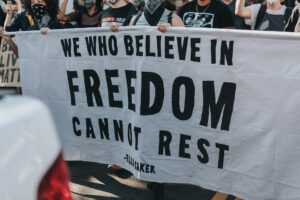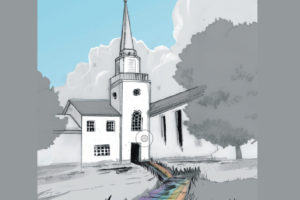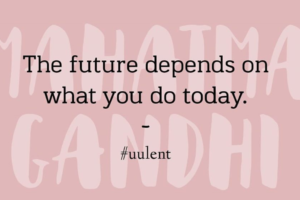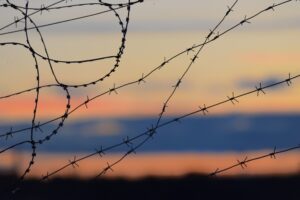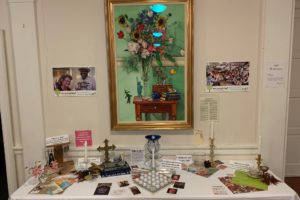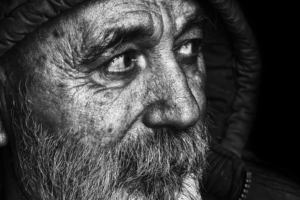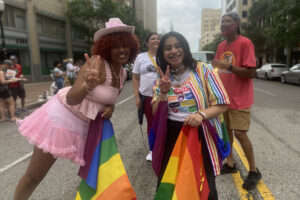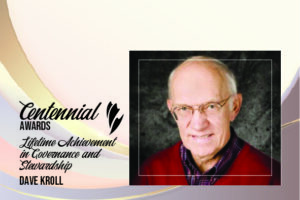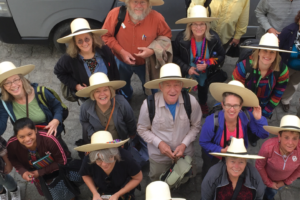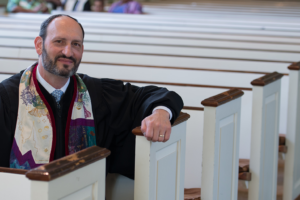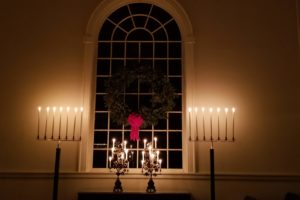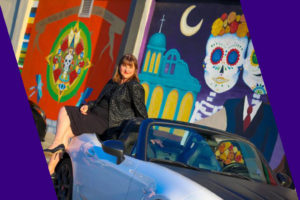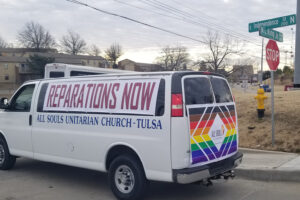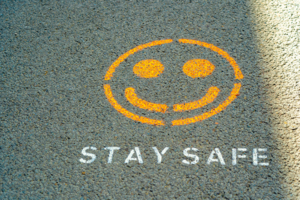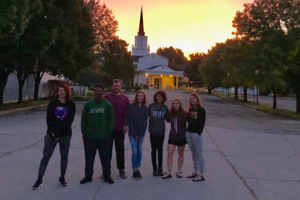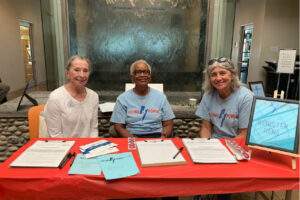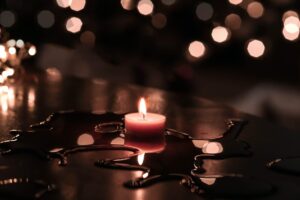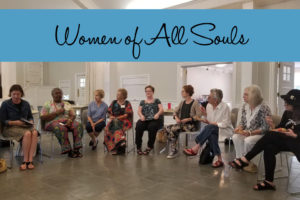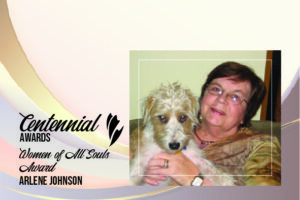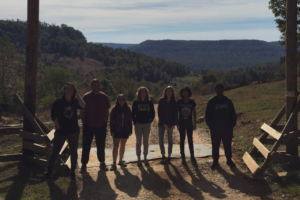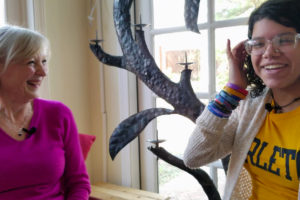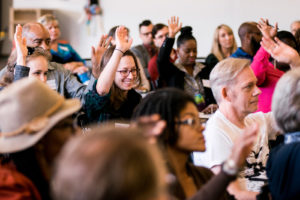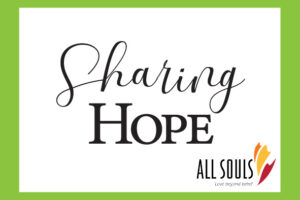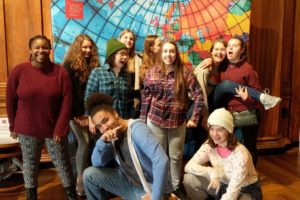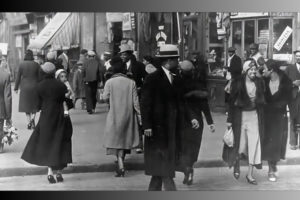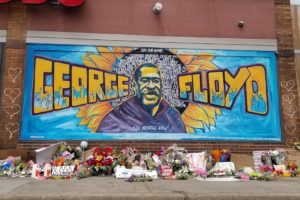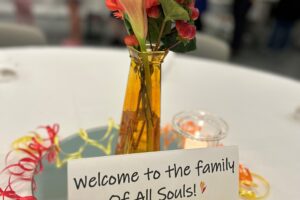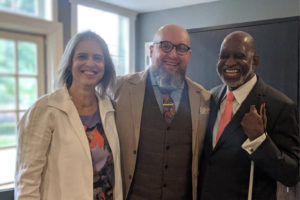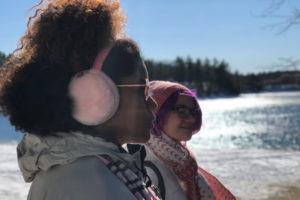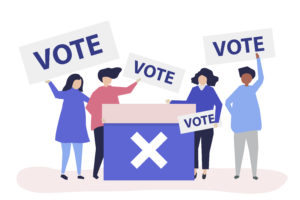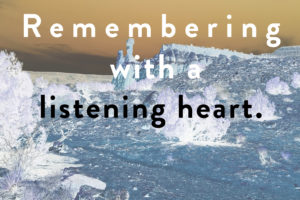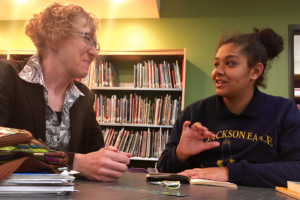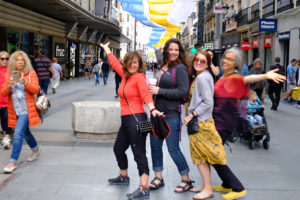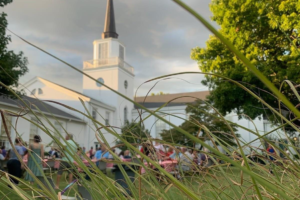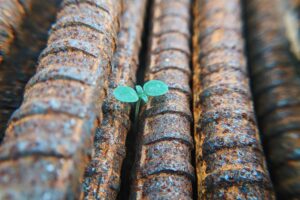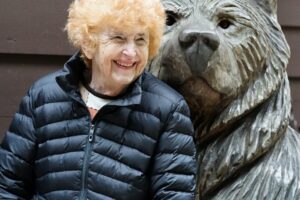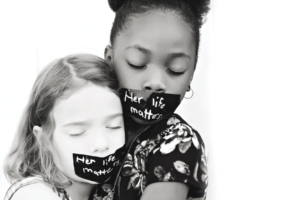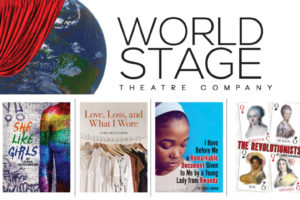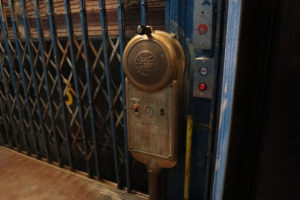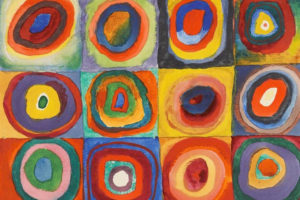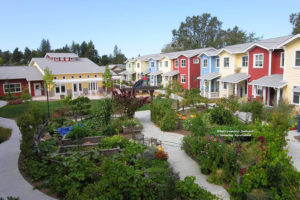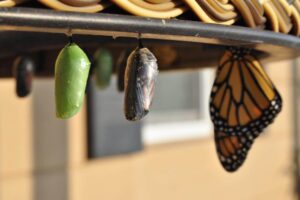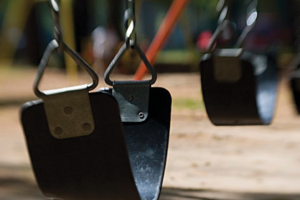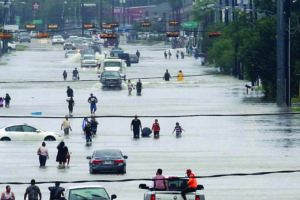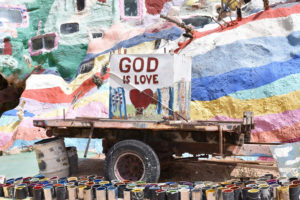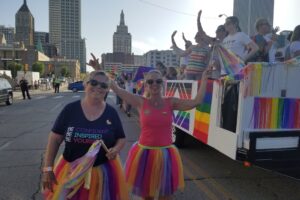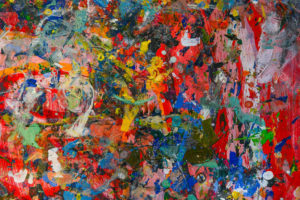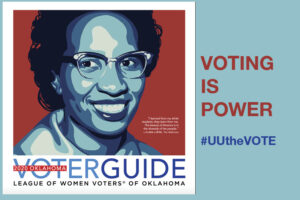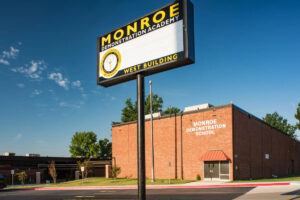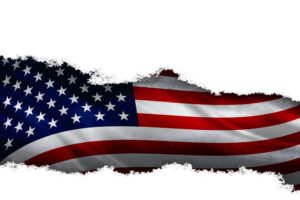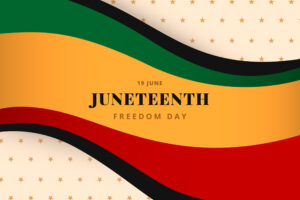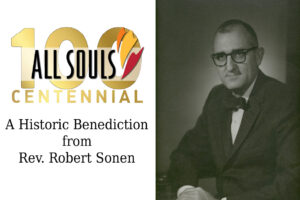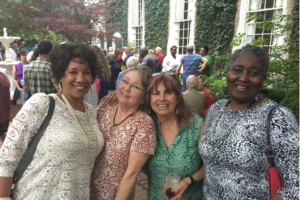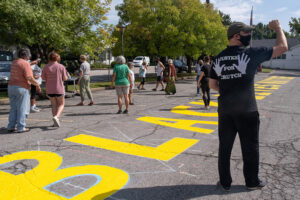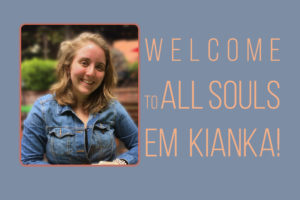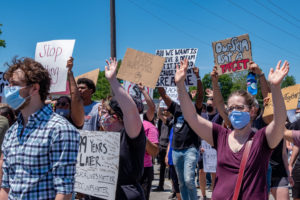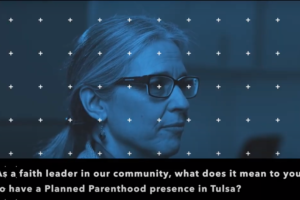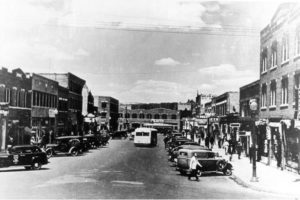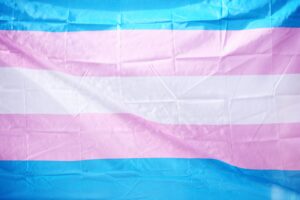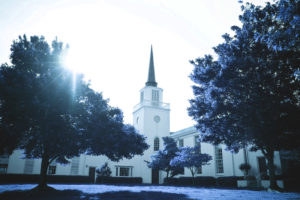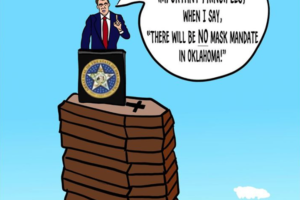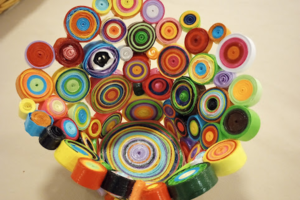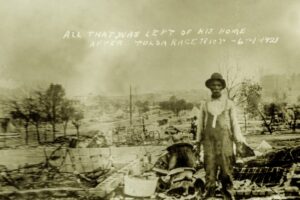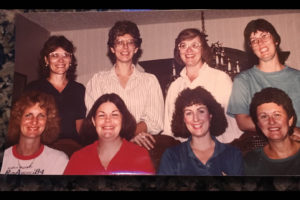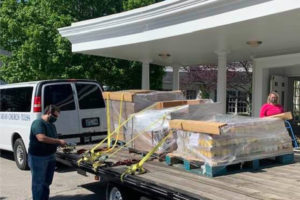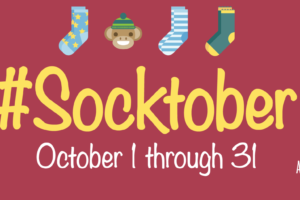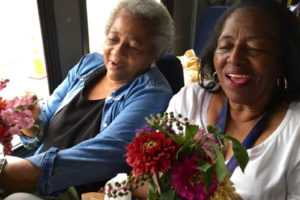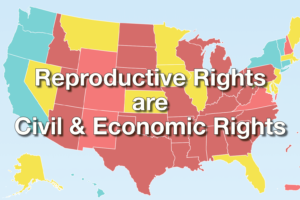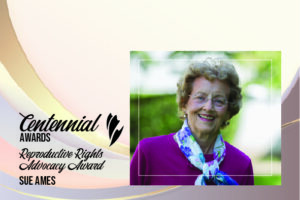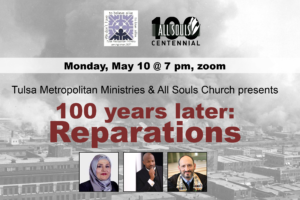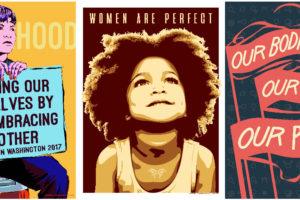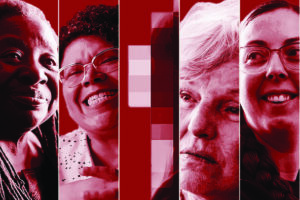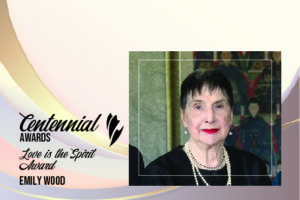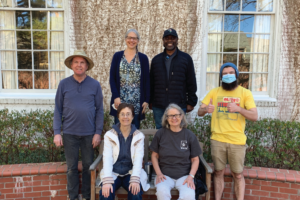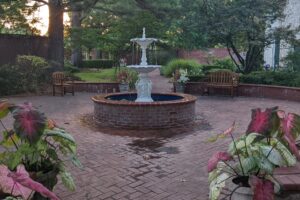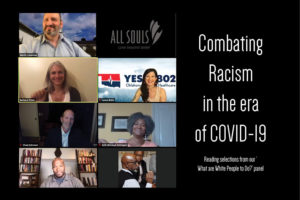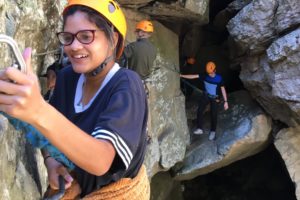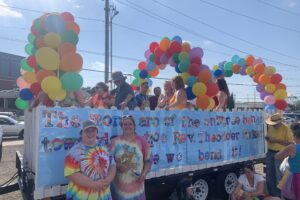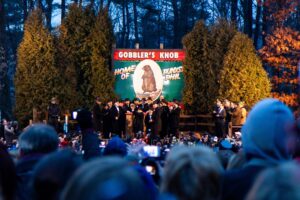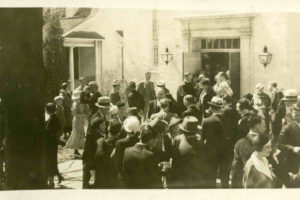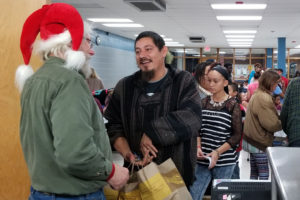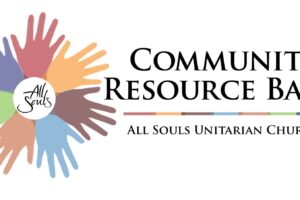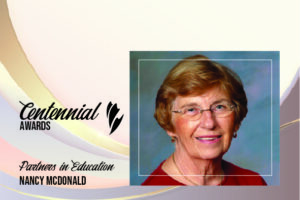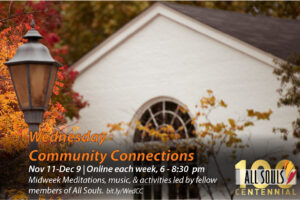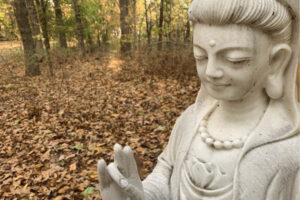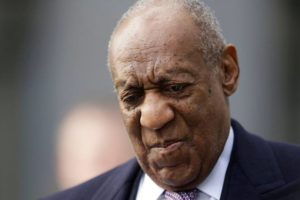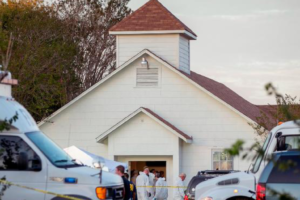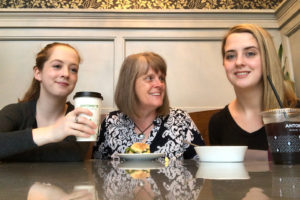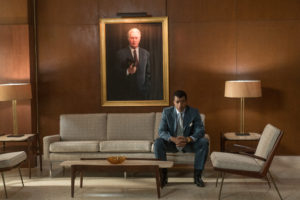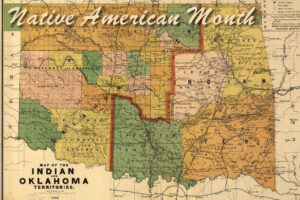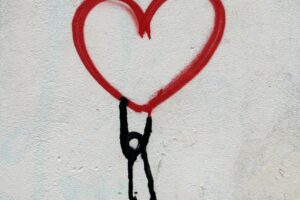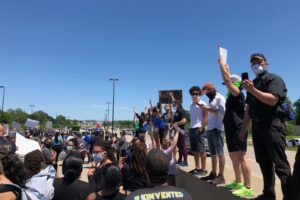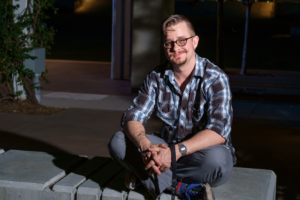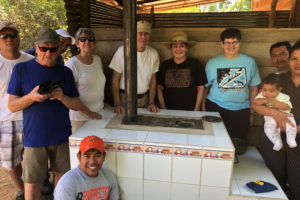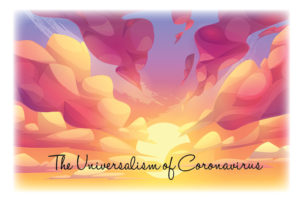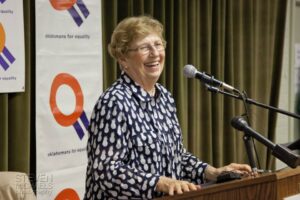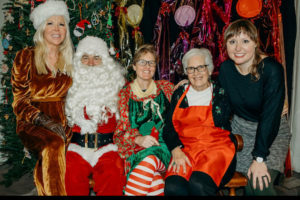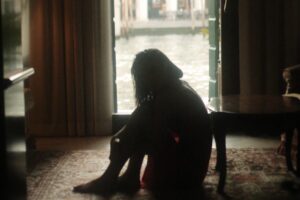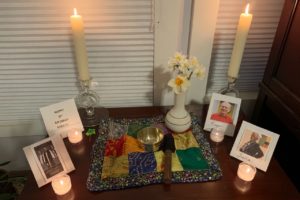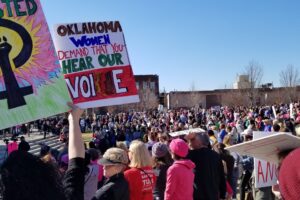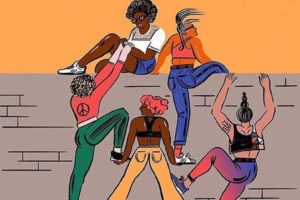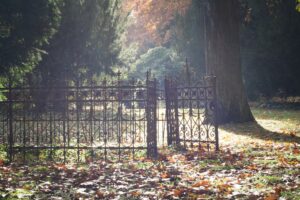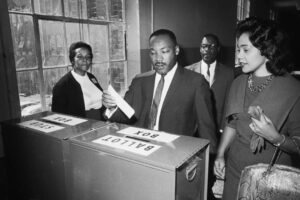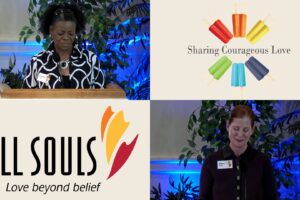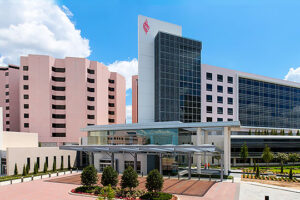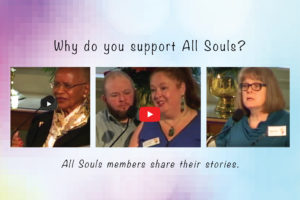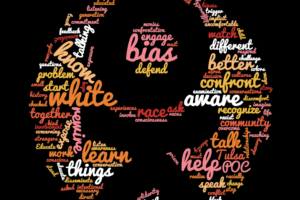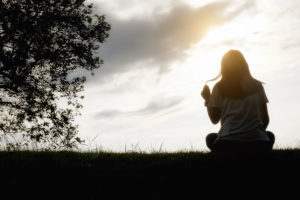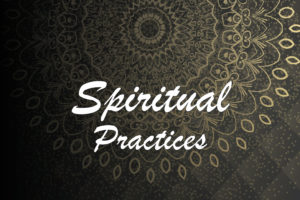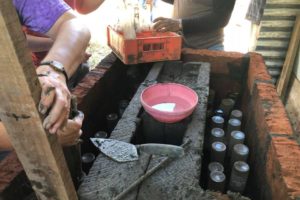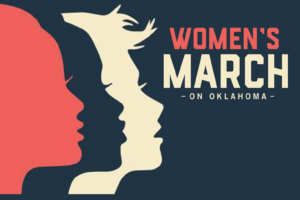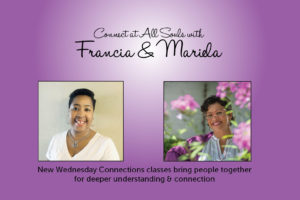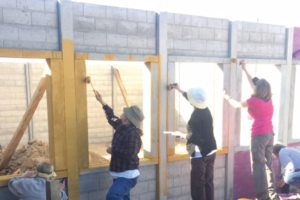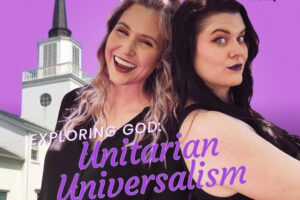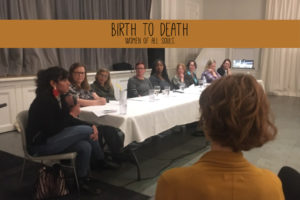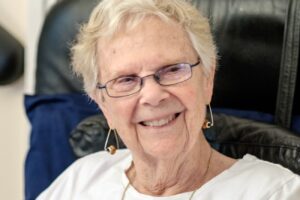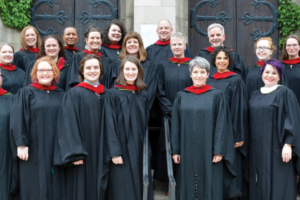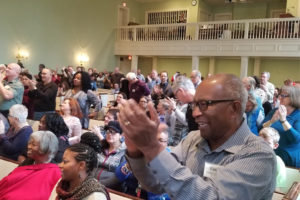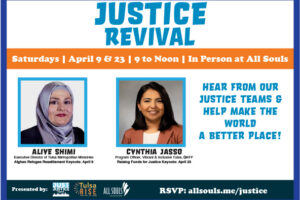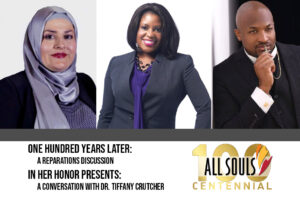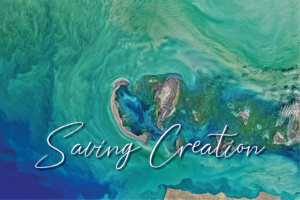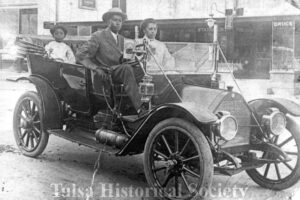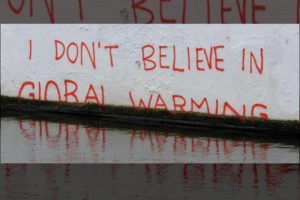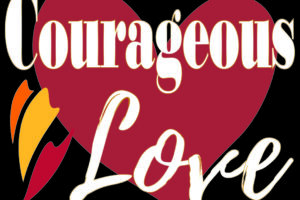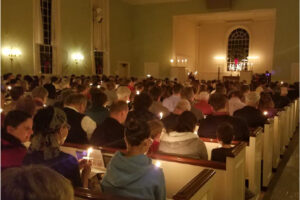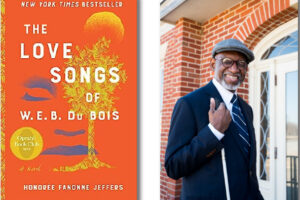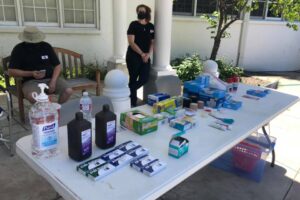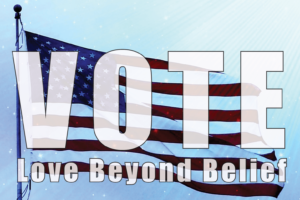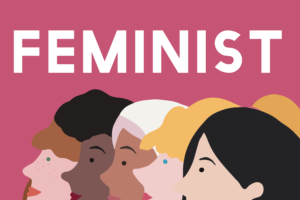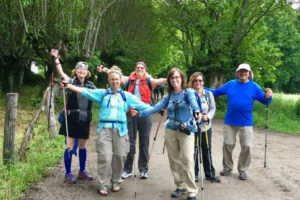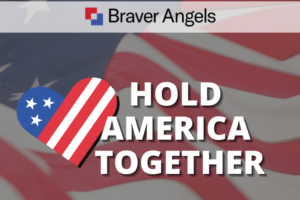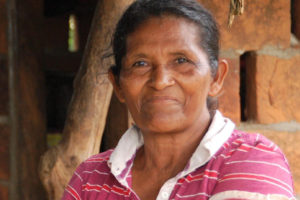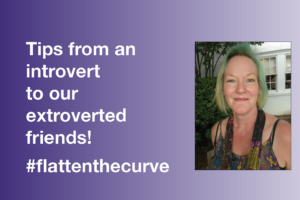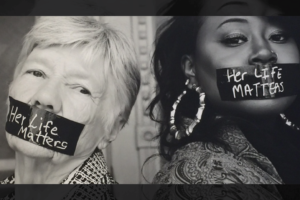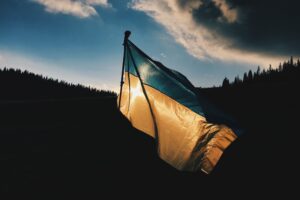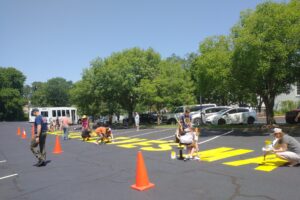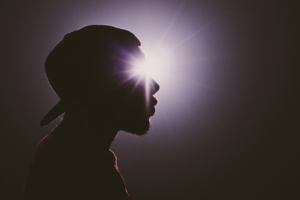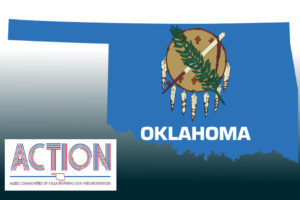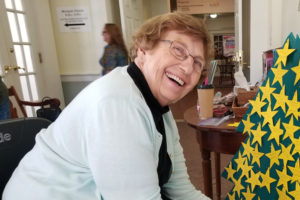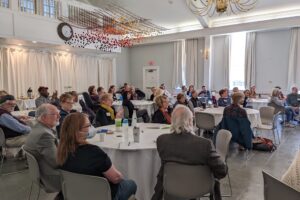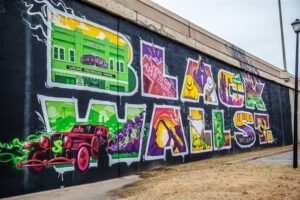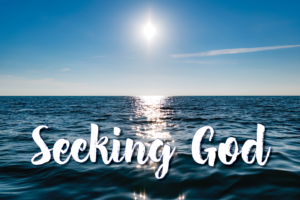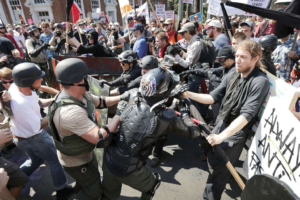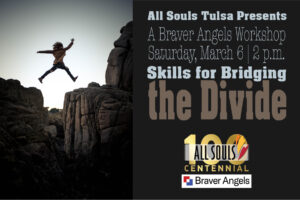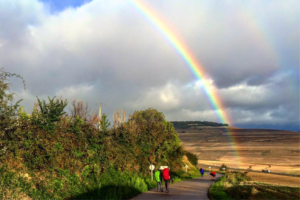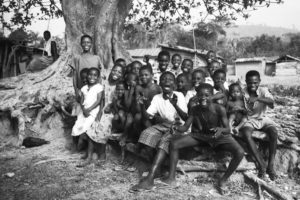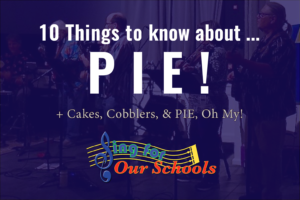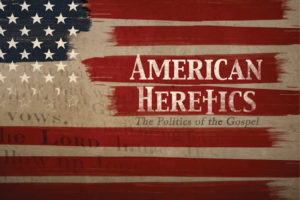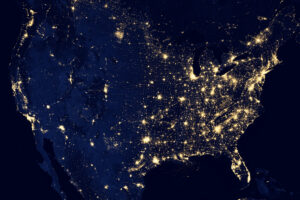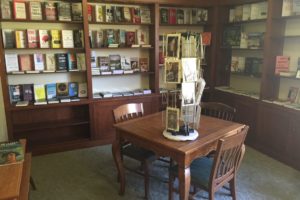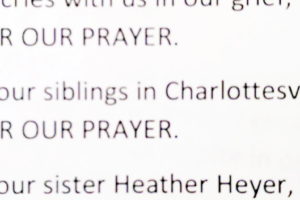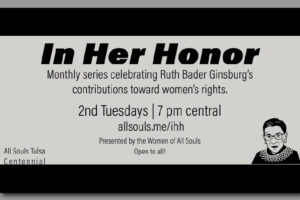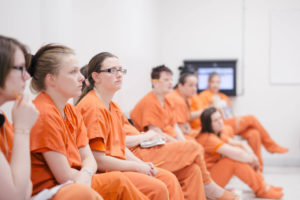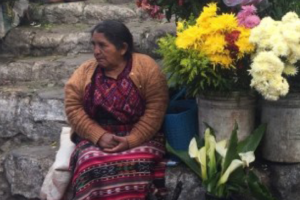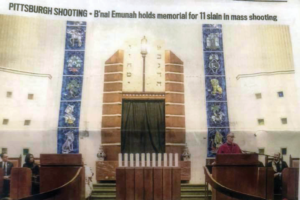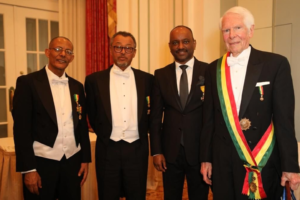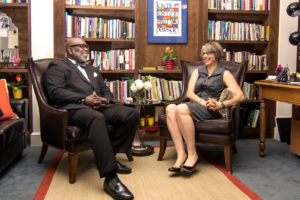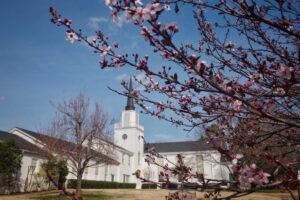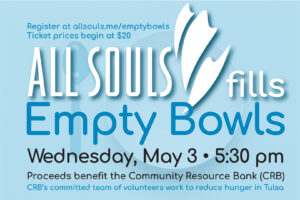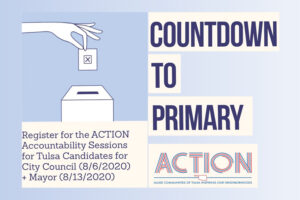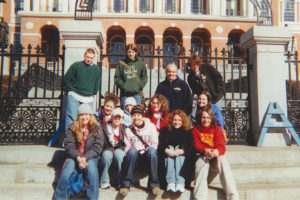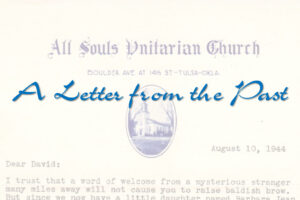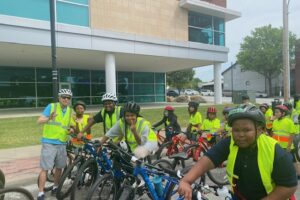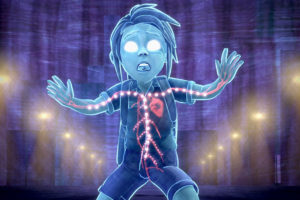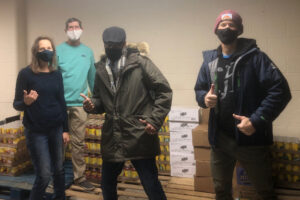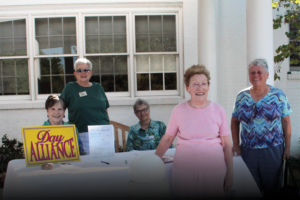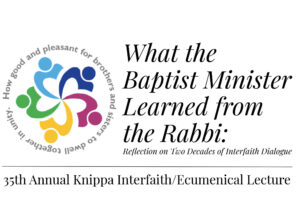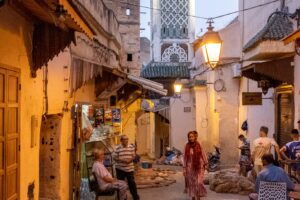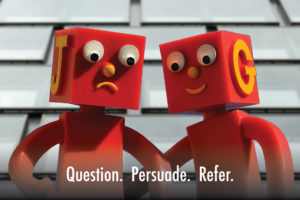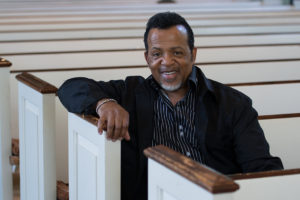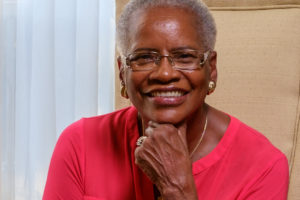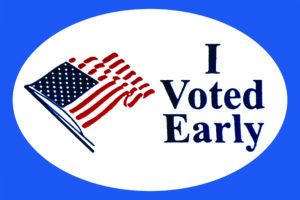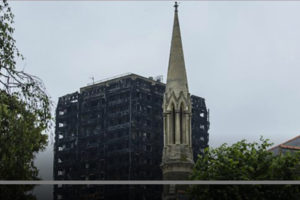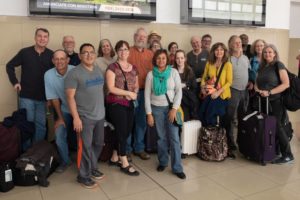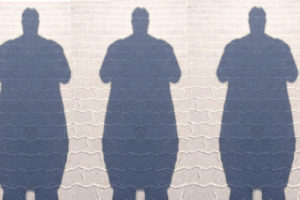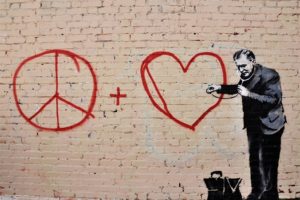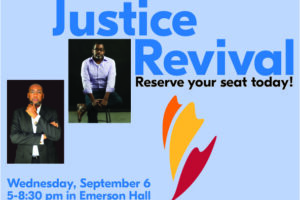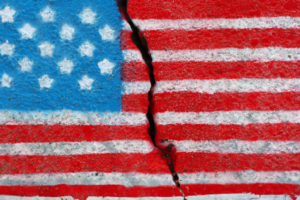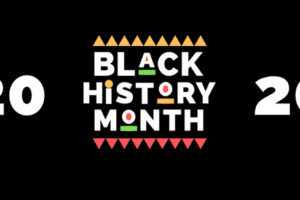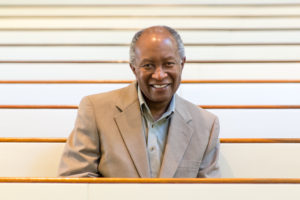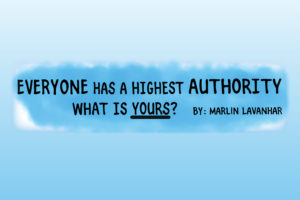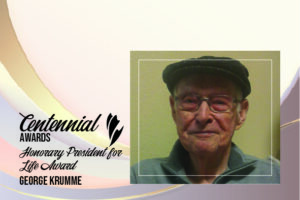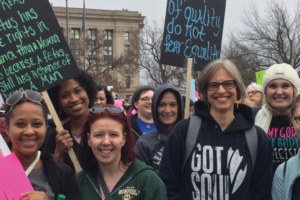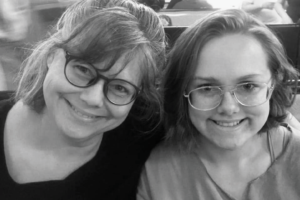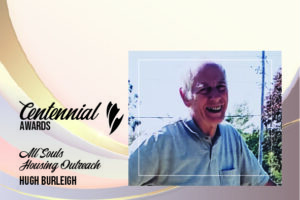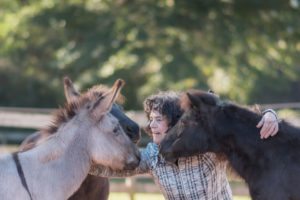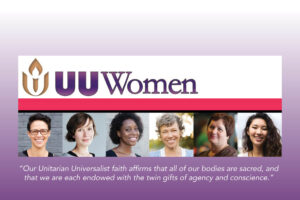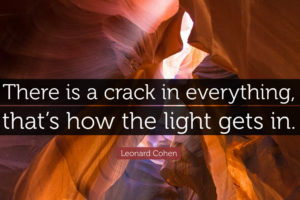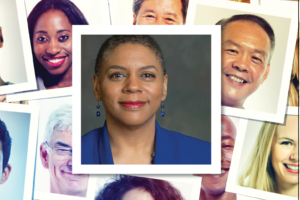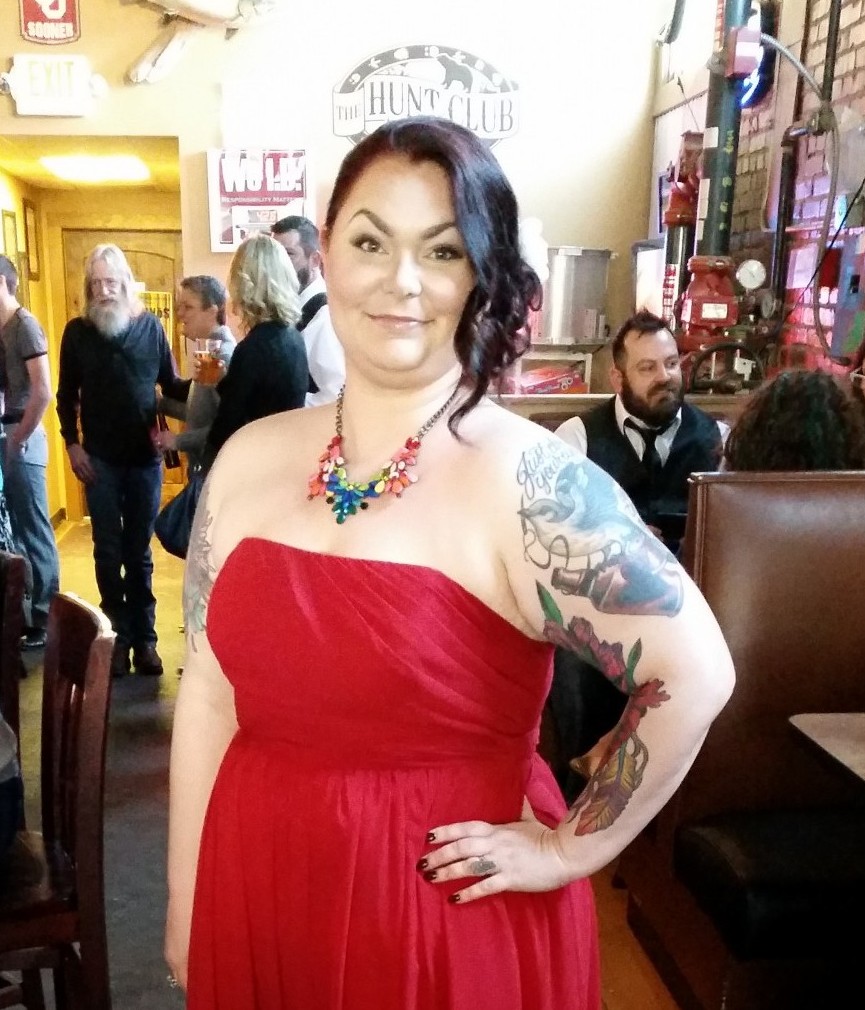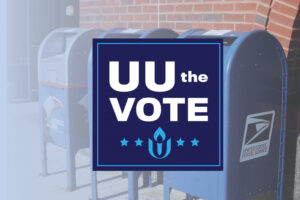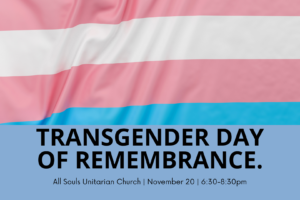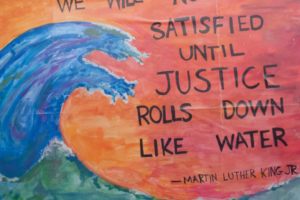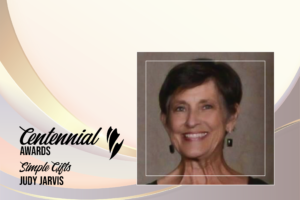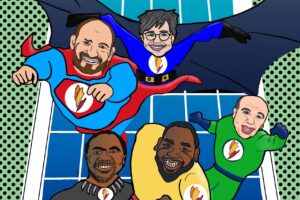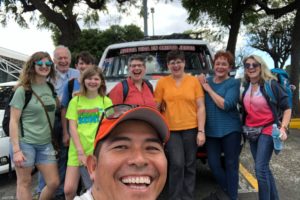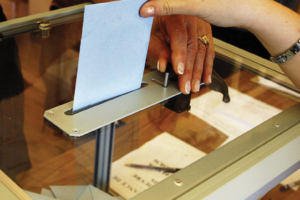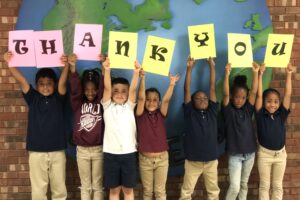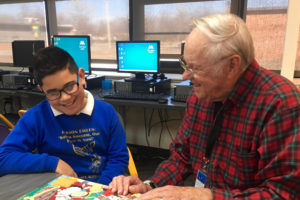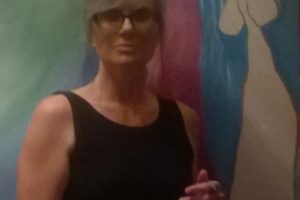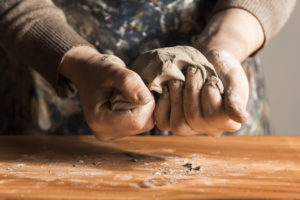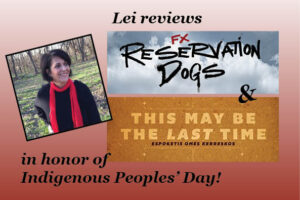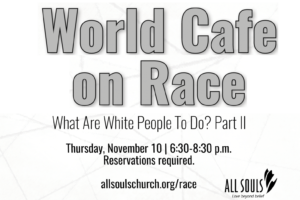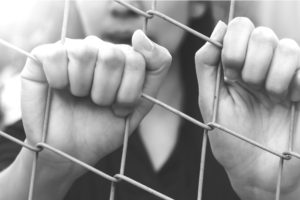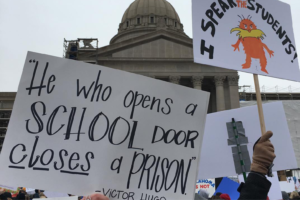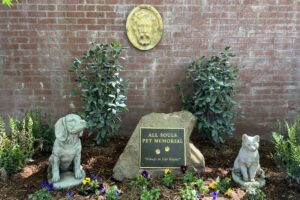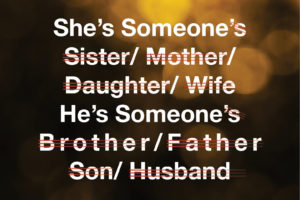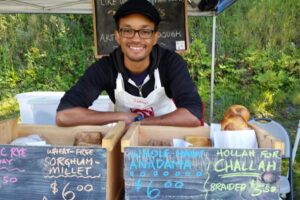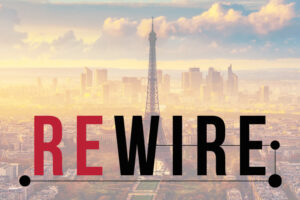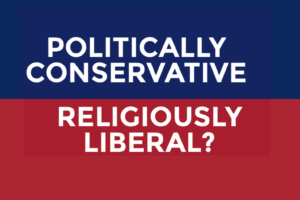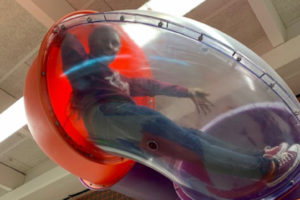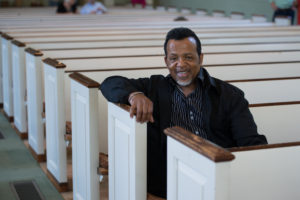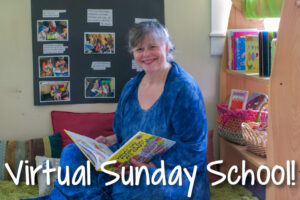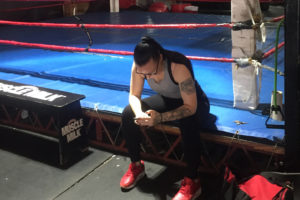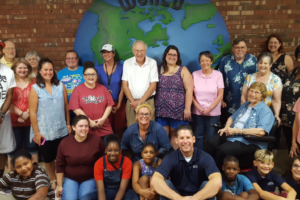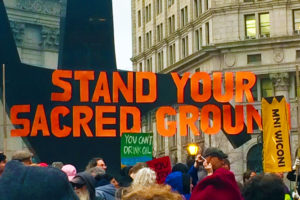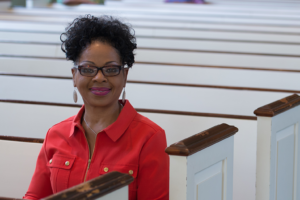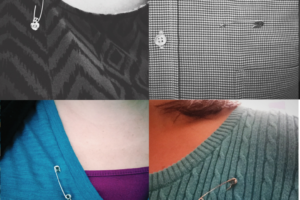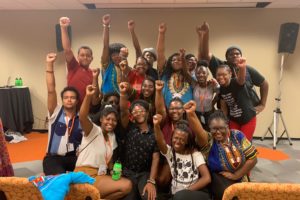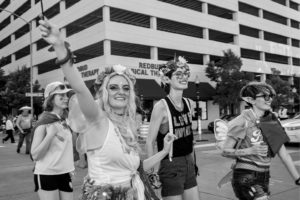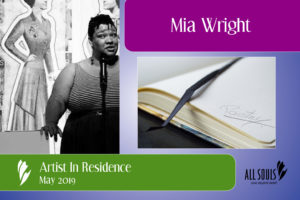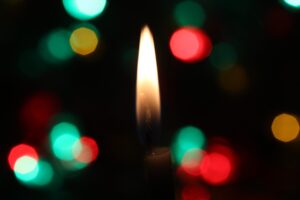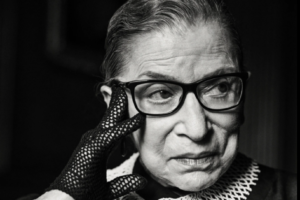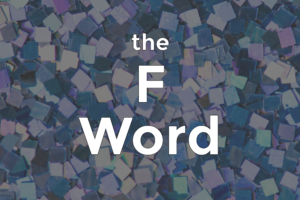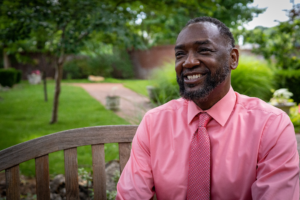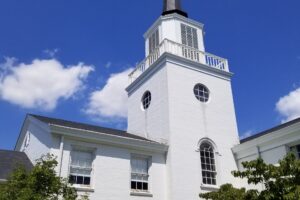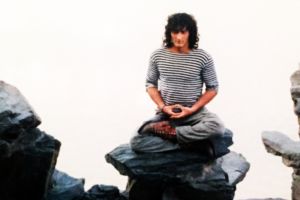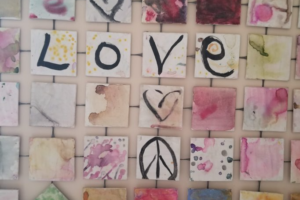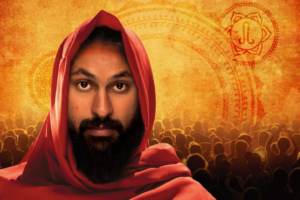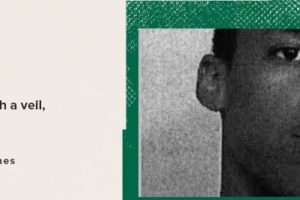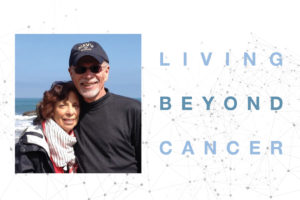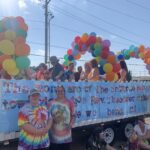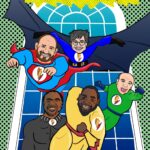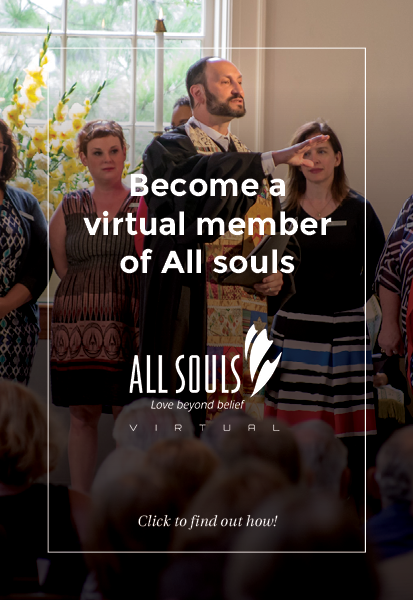pictured: George Floyd’s family via CNN, This is how loved ones want us to remember George Floyd
May 27, 2020 was a deeply disquieting day. I saw video I will never be able to erase from my mind of a police officer, sworn to defend and protect the citizenry, slowly, over a period of five minutes, kill an unarmed black man who was handcuffed and pinned to the ground.
I know the neighborhood where this happened.
George Floyd died near where my grandmother rented a room until her death in 1958. George Floyd lived in St. Louis Park, my home town, where I grew up until I was twenty-one.
He worked at the Conga Latin Grill, which was not there when I lived in Minnesota, but it is near the intersection of Hennepin and University Avenue, not far from coffee houses I used to frequent when I was a student at the University of Minnesota.
So often these police shootings are in locations I do not know. I, as a white person, can thus dismiss them either to being in a tough neighborhood where confrontation between police and locals is normal, or to being in some backward region of the country where unreconstructed racists have not accepted the surrender at Appomattox Courthouse, or the 13th, 14th, and 15th Amendments to the Constitution.
This is different. It was where my roots are.
White Middle Class fear in 1960s
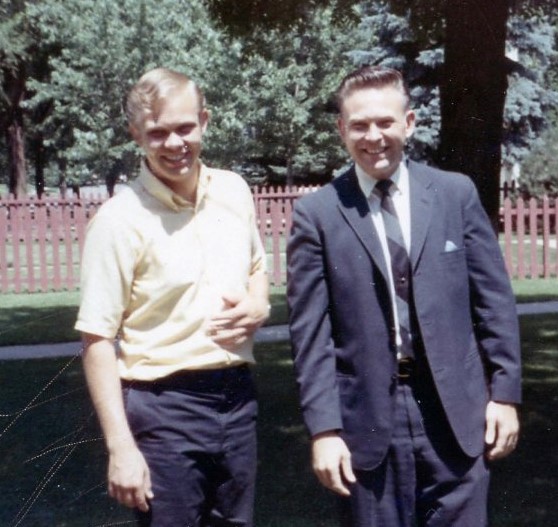
When I was a child growing up in St. Louis Park, there were zero African American families in that suburb—then the fourth most populous city in the state. The first black family arrived in town in 1960, and local faith leaders made a point of telling their congregations that this African American family should be welcomed because they were well educated and middle class. No one should worry about their property values.
That was the fear of middle class white people in the north around 1960 when the Civil Rights movement was rapidly rising. Civil rights leaders in the 1960s pointed out, in the south no one cared how close black people lived as long as they did not get too high, while in the north no one cared how high they got, as long as they did not get too close.
As a high school sophomore, I remember wondering why my neighbors never cared about the education and socioeconomic class of the white people who moved into the town.
Changing landscape of Minnesota
Times have changed since a half century ago when I grew up there. Less than 2% of the state was African American, nearly all living in north Minneapolis or the Rondo neighborhood of St. Paul.
As a state, Minnesota was 96% white, compared to today at 83.3% white. Immigration, especially of Hmong people after the Vietnam War, then of Somalis, and also interestingly people from the former Soviet Union have changed the complexion of Nordic Minneapolis, which is now only 60.4% white, with 18.8% African American, 9.2% Hispanic, 5.9% Asian, and 5.7% a mix of other.
St. Louis Park went from 0% African Americans in 1960 to 7.65% today, plus 4.1% Hispanic, 3.8% Asian, and 3.8% other. Indicative of the change is that Representative Ilhan Omar, a Muslim born in Somalia, was elected from the fifth district in Minnesota that contains St. Louis Park.
I suspect that never would have happened outside the Twin Cities area of Minnesota.
We thought we were the “good ones”
When I was a kid, we “Parkites” thought we in our working class town were a tad morally superior to the wealthy suburb of Edina that bordered us to the south—just three blocks from my house. I delivered the afternoon newspaper there.
We believed it because we were welcoming to Jews and Edina was not—back then at least. They had been red-lined for years against Jews buying property, and that included keeping them out of the city owned country club. But St. Louis Park had been welcoming to Jews, or so it seemed to me.
After World War II many Jews, like everyone else seeking to move to the suburbs, had found St. Louis Park a congenial place to build in the post-war construction boom. The first next door neighbors I remembered were Nate and Millie Goldstone. Nate was a pharmacist who owned Brookside Drug on Excelsior Boulevard. He hired my teenage older brother to work in his drugstore.
I never understood anti-Semitism, because so many of my friends were Jewish. I only knew they were Jewish in grade school because one day a week they were allowed out of class a little early to go to Hebrew School—which seemed to me neat, learning an ancient foreign language and all. They were nice kids from good hard working families that insisted on excellent public education for all the kids. As a teenager, I would have been thrilled to date some of the girls had I the self-confidence to ask any girl out.
Perhaps there were times when they felt the sting of anti-Semitism, but if so I was unaware of it. To this day I have enormous respect for the commitment to education and philanthropy of the Jewish community, and I continue to count many of my classmates among my friends. Many of them, I believe, live the values of Christianity as I understand the Gospels better than some who profess to be Christians do.
All this is behind my revulsion to the events of when George Floyd met his death at the hands of police.
Since 2015, there have been five racially sensitive killings of a citizen by police officers on duty that came to trial in Minneapolis proper. I do not know the details of the cases, and I know that juries are in a far better position to assess what happened than I am.
But it tweaks my curiosity that four of the cases involved white officers killing a black man, and in all four cases the officers were acquitted. The fifth case involved a black officer named Mohamed Noor who killed a white woman. He was convicted.
The knee on the neck is not an approved tactic for police!
This is according to Minneapolis mayor Jacob Frey, who has stated that he thinks the officers involved should be criminally charged. Should that happen it will be difficult to find a jury of people who are truly objective. At the time of this writing, there had yet to be any charges filed.
I would have to admit during voir dire that I have already formed a conclusion.
There is also a police training policy that if an officer sees another officer doing something inappropriate, he or she is duty bound to intervene. No step like that was taken during more than five minutes by the other three officers on the scene in spite of the repeated calls from the diverse crowd assembled and video recording to recognize that Mr. Floyd was in distress, especially for his breathing.
Derek Chauvin’s expression & his nonchalant posture with his hand in his pocket haunt me.
I cannot know what was in the heart or mind of Officer Derek Chauvin as he persisted with his knee on Floyd’s neck. Yet subjective measures like the expression on his face or his nonchalant posture with his hand in his pocket haunt me.
Our nation, since 1619 before it was a nation, has borne a stain on our soul.
We have espoused ideals of equality we have failed to live up to. Yet we are defined by the words of Jefferson, a slave holder, who established ideals he personally failed to fully embrace.
Unlike Germans who felt loyalty to the Father Land, or Russians to Mother Russia, or the French who saw their nation as a divine hexagon of soil deserving allegiance, we Americans claim a heritage based not on land and heritage but on ideals from the Declaration of Independence.
We are beneficiaries of the white privilege and national infrastructure built by slave labor
Many of us whose ancestors immigrated after the Emancipation Proclamation refuse to accept that we are beneficiaries of the white privilege and national infrastructure built by slave labor, and by the continuing exploitation after the Civil War up to today. We avoid guilt rather than committing to fixing the on-going injustice.
We claim we are Christian, yet we smugly practice self-serving policies that are at odds with any honest reading of the teachings of the Gospels. Selfishness is embedded in our body politic, and it is exploited by demagogues who seek to divide us from one another in order to attain or maintain their power.
It is time for us, the American people, to ask if we are truly the great nation we think we are, or if we are petty self-serving people unwilling to ask honest questions of ourselves and to face some ugly truths about ourselves.
Do we value eternal souls or do we value individual positions of privilege?
Each time we ignore or make glib excuses for the disproportionate killing or incarceration of citizens of color by the police, or for not taking steps to reduce school shootings, or tolerating millions of our neighbors without access to health care, or we take military action (including appropriations) to support some corporate interest, we must ask ourselves honestly whether we value our eternal souls as much as our individual positions of privilege.
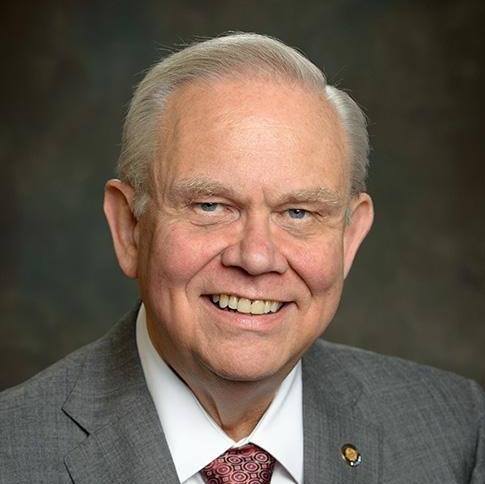
Roger Blais is a former Vice President of the the All Souls Board of Trustees and is a Professor of Physics Emeritus and former provost with the University of Tulsa. He spent seventeen years on the All Souls Children’s Choir Board, two years as chair, and he worked with other parents on taking the both choirs on several trips, including England in 1998, and Hungary and Romania in 2002. Roger and his wife Mary were married in the chapel in 1971.
Read more from our ministers, members, and friends. BeyondBelief.online shares stories of our free faith curated from the heartland.

